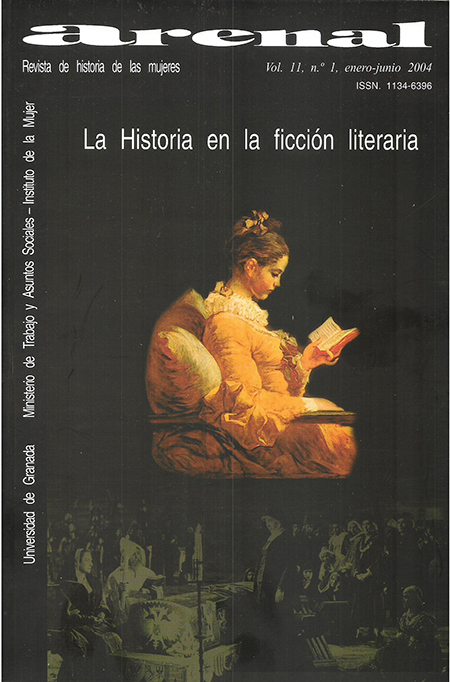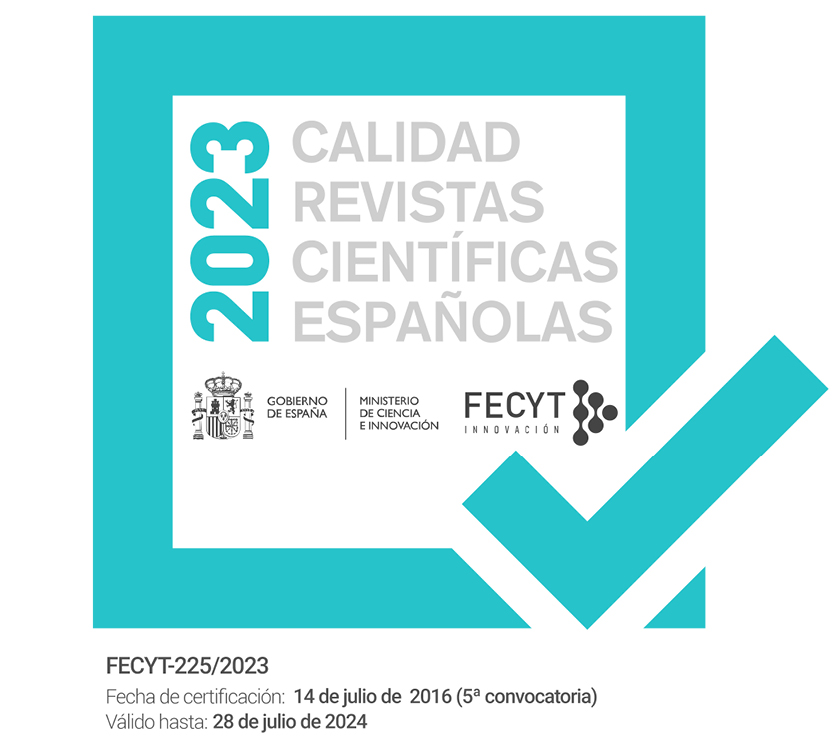Eudoxia, hija de Belisario by Pedro Montengón and women's education in the 18th century: the literary projection of a controversy
DOI:
https://doi.org/10.30827/arenal.v11i1.16181Keywords:
Women's History, 18th century, EducationAbstract
This paper is an example of how to use literary sources for the study of Women's History. Made from a feminist perspective, it tries to elucidate the process of the construction of the female identity at the end of the Old Regime.
The chosen work, Eudoxia, hija de Belisario, addresses the subject of the education, one of the recurrent polemics in Spanish society in the 18th century, projected in the intellectual and cultural spaces of this period, from the literature, moral works and sermons to the "tertulias" and newspapers.
The ex-Jesuit and writer Pedro de Montengón, admirer of Rousseau, uses this "historic novel" as a literary recourse to define the main aspects of this controversy from the social debate about female education, finally selecting an educative model for women similar to that formulated by the Geneva philosopher in his pedagogic works.
Downloads
Downloads
Published
How to Cite
Issue
Section
License
Los/as autores/as que publican en esta revista están de acuerdo con los siguientes términos:
Los autores/as conservarán sus derechos de autor y garantizarán a la revista el derecho de primera publicación de su obra, el cuál estará simultáneamente sujeto a la Licencia de reconocimiento de Creative Commons 4.0 BY-NC-ND que permite a terceros compartir la obra siempre que se indique su autor y su primera publicación esta revista.
Los autores/as podrán adoptar otros acuerdos de licencia no exclusiva de distribución de la versión de la obra publicada (p. ej.: depositarla en un archivo telemático institucional o publicarla en un volumen monográfico) siempre que se indique la publicación inicial en esta revista.
Se permite y recomienda a los autores/as difundir su obra a través de Internet (p. ej.: en archivos telemáticos institucionales o en su página web) antes y durante el proceso de envío, lo cual puede producir intercambios interesantes y aumentar las citas de la obra publicada. (Véase El efecto del acceso abierto).


















